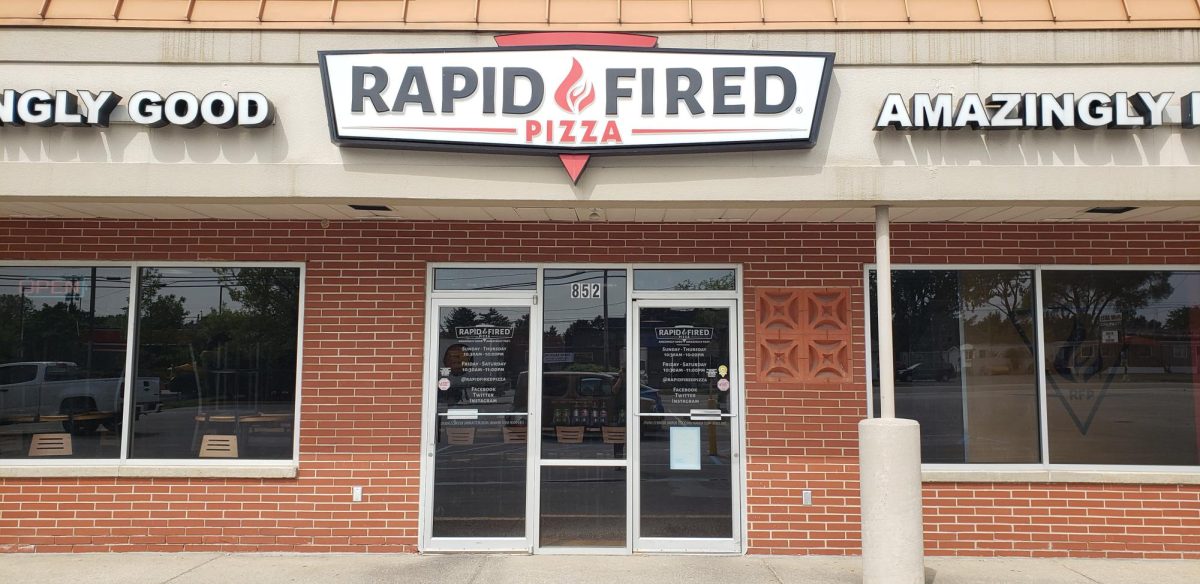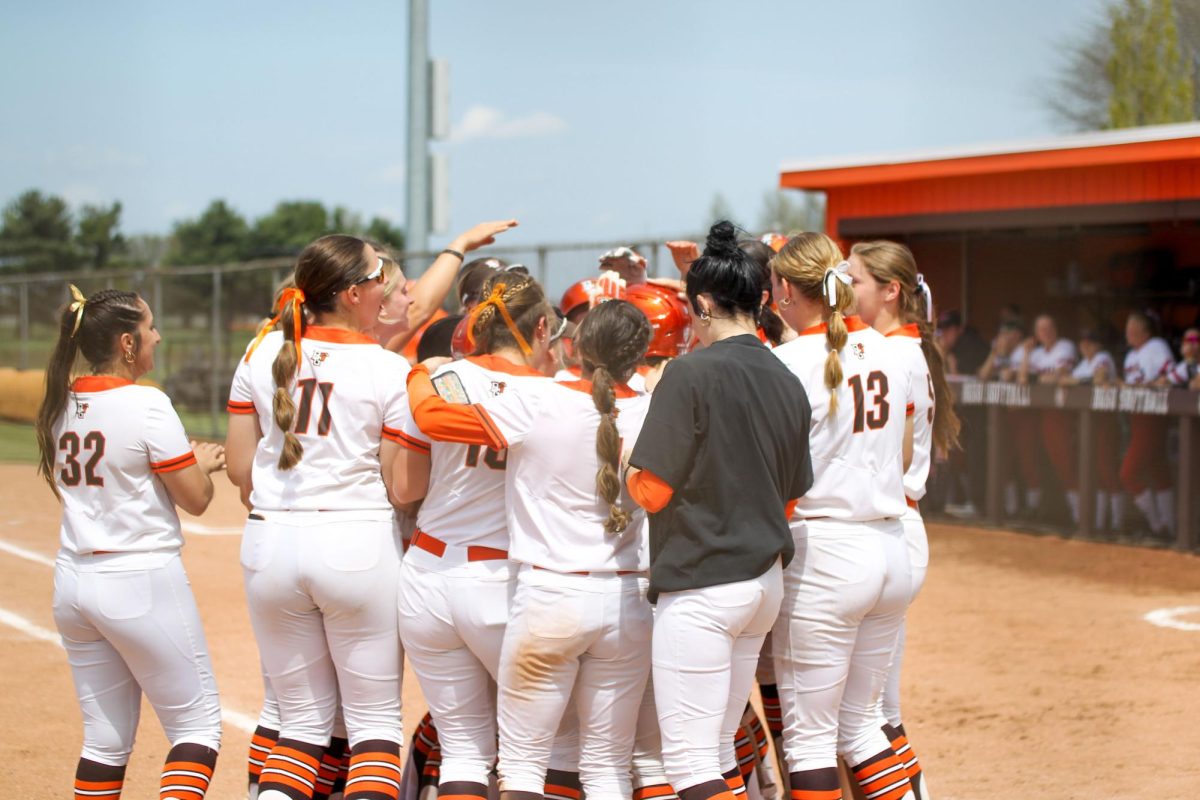A fried food leftover may not be healthy for the body but it is helping the University implement sustainable practices.
Leftover vegetable oil from the dining areas across campus will soon be used to fuel diesel lawn mowers, which also act as snowplows and snow brushes for the University.
Currently the University has 14 machines that run off diesel and one has already been converted to use the vegetable oil as an alternative fuel.
Duane Hamilton, director of campus services in facilities services, said the University will spend about $75,000 to make as many machines as possible. The cost includes buying oil containers for transportation and holding, the building of a filtration system and the modification and revamping of the diesel fueled machines.
He said he hopes to have seven new lawn mowers built within a month, but production has not yet started. The University will be using outside contractors, which will be local fabrication shops, to convert the rest of the diesel fueled machines.
Although about $75,000 will be spent on this project, Hamilton and one of his partners Enrique Gomezdelcampo, an assistant professor of environmental studies, have high hopes for the amount of money it will eventually save the University.
Before the idea of the vegetable oil fueled lawn mowers on-campus, dining areas were having the excess vegetable oil taken away. Now that oil will be used for alternative fuel, which Hamilton suggested after the University spent about $18,000 on diesel fuel in 2008.
“I don’t have a real strong estimate on how much money we will save,” Hamilton said.
“Sometimes it is hardest to estimate the costs,” Gomezdelcampo said.
Hopes to cuts costs are also accompanied by hopes to make this campus “greener.”
Kaitlyn Majoy, a junior at the University, said there is room for improvement in the University’s “green” efforts and the vegetable oil fueled lawn mower is a step in the right direction.
“I think it’s a great idea,” she said. “Any little bit helps, and this is definitely a step in the right direction for the University.”
The University produces about 5,000 gallons of waste per year, and the fabrication and use of these lawn mowers will reduce that amount by 60 percent, Hamilton said. He also said the amount of carbon dioxide released will be reduced by 51 percent and hydrocarbons by 61 percent, compared to the amount released when using a diesel run engine.
“Emissions are half in terms of polluting the air,” Hamilton said.
Gomezdelcampo said this was basically what his 402 Environmental Studies capstone class of 2005 had in mind when they decided to convert a diesel fueled University lawn mower to a more sustainable prototype.
“The students chose this because it is a simple technology, but institutionally it has not been done,” he said.
In order for the project to be successful the students had to develop a filtration system for the used vegetable oil from dining services and fabricate a new gas tank to hold and use the vegetable oil.
“The filtration process is very simple,” Gomezdelcampo explained. “You just pass it through a filter.”
Once the vegetable oil is captured and filtered at a central filtration site – which will be the old greenhouse on campus – the oil is ready to be placed in the fabricated gas tank and used, said Hamilton.
In order for the once diesel fueled machine to work properly the engine needs to be started on the diesel tank. This allows the fuels to warm up. Once the fuels are heated properly the gas line is then switched to the vegetable oil for the duration of the machine’s use. At the end of the operation the vegetable oil needs to be purged out of the engine. The gas tank must then be switched to the diesel to burn out the rest of the vegetable oil – this prevents coagulation in the gas tank, said Hamilton.
“There is no difference in performance, sound or operation,” Hamilton said. “It is the same engine; we just changed the fuel supply and added a second gas tank.”
“It does smell like you’re at the carnival though,” Hamilton added.


















